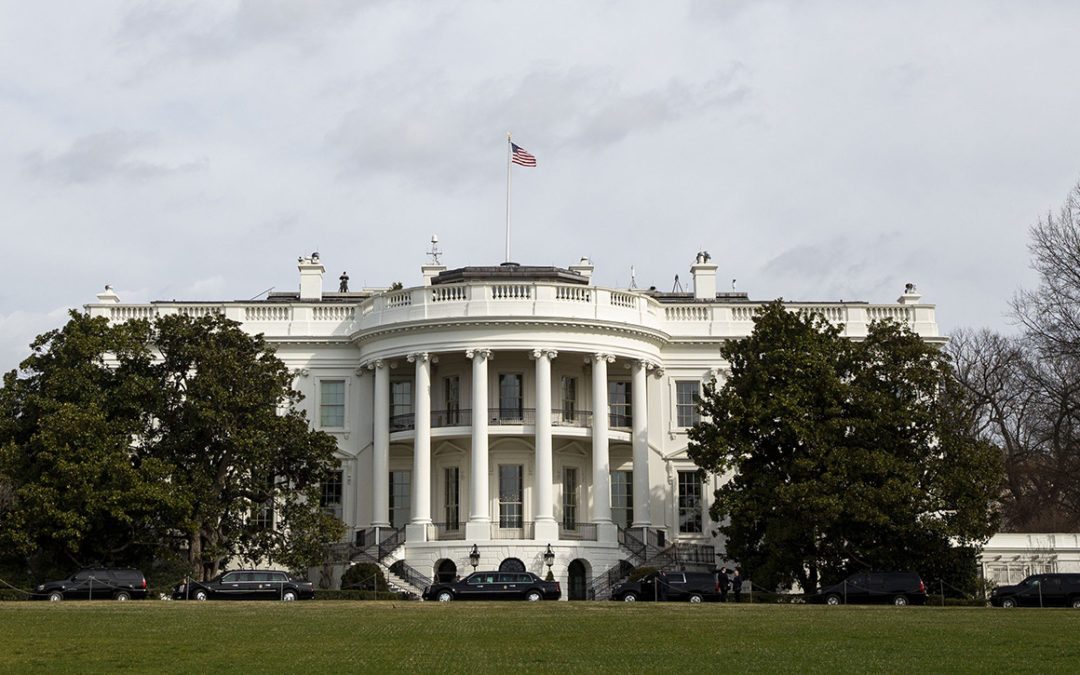The Coronavirus Aid, Relief, and Economic Security Act has been passed in an effort to assist individuals, families, and businesses who have been financially impacted by Covid-19. This is a landmark act with many different moving parts, and it can be difficult to determine which parts of the Act apply to you and how. To help out, we’ve written two articles about the Act, one for individuals/clients and one for business owners. As always, if you have questions, please feel free to reach out us. We’re always happy to help.
Stimulus Checks
The first part of the Act that applies to individuals and families is the stimulus checks. These are based on income as well as a few other factors such as if you have children as dependents or if you’re a student who is a dependent on someone else’s taxes. The majority of adults will receive a check for $1200 and an additional $500 for each qualifying child age 16 or younger. This amount applies to single adults who have Social Security numbers and who make an adjusted gross income of $75,000 or less. Married couples who earn $150,000 or less and have no children age 16 or under will receive $2400.
For those who earn more, the payment decreases until it phases out altogether. The amounts decrease on a sliding scale the more a single or couples earn, phasing out completely at an earning rate of $99,000 for singles and $198,000 for married couples with no children. For those married couples with children, the payment phases out when the couples earn $218,000.
Checks have already started to arrive in direct deposit accounts from the IRS and most should receive their payments by April 17th. You do not have the pay income taxes on these checks, so that’s more good news for those who receive them.
Required Minimum Distributions (RMDs)
A portion of the Act that affects those who are retired is the changes to Required Minimum Distributions (RMDs). RMDs are the minimum amount that those who own a retirement plan must withdraw annually after they have reached 70 ½ years of age or whatever age they are when they retire after that age. The Act has changed so those who normally would have to take an RMD from their workplace savings plan or individual retirement account will not be required to for the year 2020. This is to insure they won’t have to sell investment that have fallen in value in the hopes they will recover before the end of the year.
Further changes include the ability to withdraw up to $100,000 from retirement accounts without the usual 10% penalty and the ability to spread out income taxes owed over three years from the date the distribution is taken. The money can also be put back into the account before the three years are up. For these changes to apply, an individual must be directly affected by Covid-19. Those who qualify include: those who have tested positive for the virus or have a spouse or dependent who has tested positive; those who have experienced negative economic consequences due to the pandemic, and those who have been certified by their employers as able to pull money from their workplace retirement accounts.
Charitable Contributions
For those who are regular contributors to charity, there is a new deduction available under the Act. If you do not itemize your deduction, you can claim another $300 in annual charitable contributions if you give cash to a qualified charity. This contribution could remain after 2020.
The limits on charitable donations have also changed. As part of the Act, donors can deduct 100% of their gift against their 2020 adjusted gross income. For example, if you have $1 million in income, you can give up to $1 million to a public charity in 2020 and deduct the entire amount. These changes only apply to cash gifts to public charities. The old rules apply to any money you give to private foundations.
Knowing which parts of the Act affect you and how it impacts your finances is important for planning and peace of mind purposes. If you have further questions about the CARES Act and what it means for your financial future, please reach out so we can talk further. Stay safe and stay healthy!

